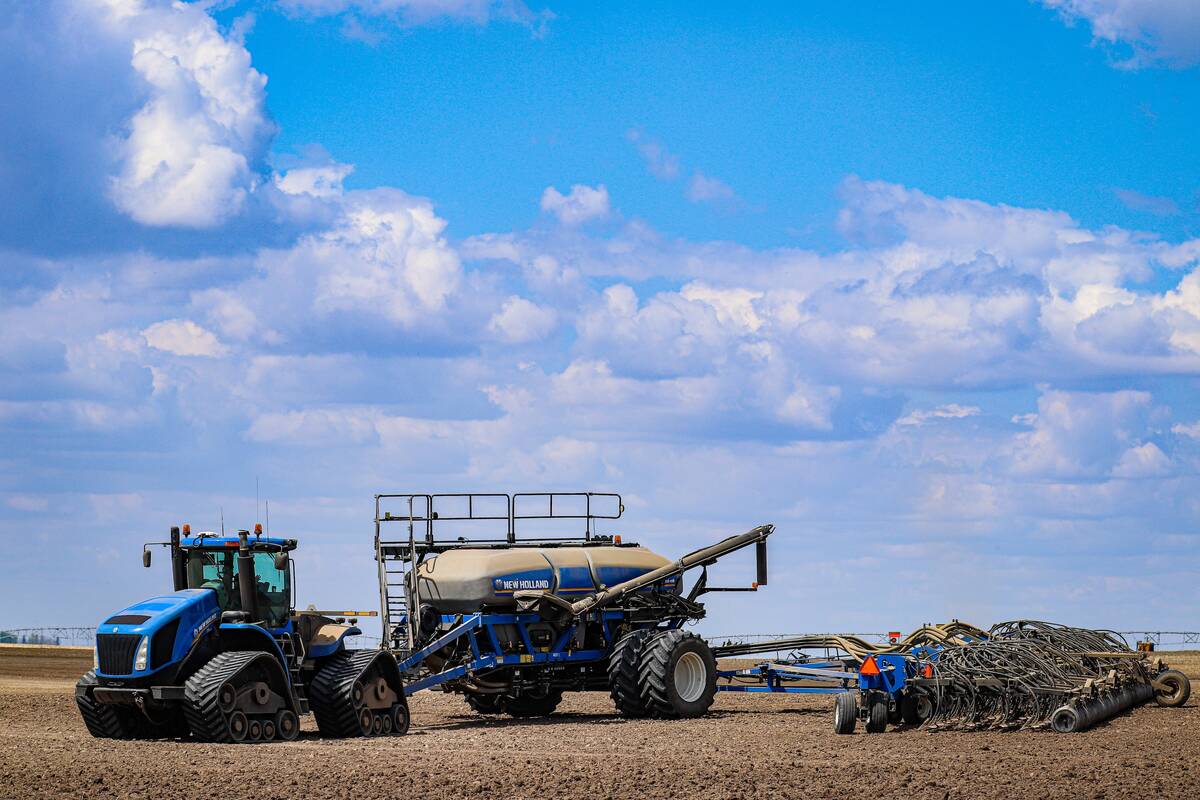WINNIPEG — Restrictions on neonicotinoid-based pesticides in Ontario have generated concerns among grain farmers in the province, but Manitoba industry participants don’t expect similar policy to move west anytime soon.
Laws restricting neonicotinoid-pesticide use were introduced in July. Grain Farmers of Ontario had hoped to enact a stay on the regulations through court proceedings, but an Ontario Superior Court upheld the provincial law Oct. 23.
“Right now we are not supporting that kind of action. It seems for every neonic study you see that looks bad for bees, you’ll find one that shows there’s really no effect,” said Allan Campbell, president at the Manitoba Beekeepers’ Association.
Read Also

NFU says proposed plant breeders’ rights come at farmers’ expense
The National Farmers Union is pushing back against changes to the Plant Breeders’ Rights Act that would narrow the scope of farmers’ right to save seed or propagate crops from cuttings and tubers.
Campbell said bee health has been strong in both Manitoba and Ontario this year, but added that he is still closely watching data on the relationship between neonics and bee deaths.
Reports from the Ontario court case say farmers are permitted to use the banned class of neonic-treated corn and soybean seed on half their farm’s acreage next year, but the use of those seeds won’t be allowed into 2017, unless a demonstrated need exists.
Health Canada’s research has found that in some cases neonicotinoid pesticides were directly linked to bee mortalities through exposure to dust from some types of planting equipment while planting treated corn and soybean seeds.
But the same research also notes that in 2012, 2013 and 2014, reported bee-mortality incidents related to the planting of treated corn and soybean seed were limited to the intense corn-growing regions of southern Ontario, with fewer incidents in corn growing regions of Quebec and Manitoba.
Despite the wide use pattern of neonicotinoid pesticides, other areas of Canada have not reported bee mortality incidents related to neonicotinoids, Health Canada said. In Western Canada, for example, the majority of canola seed is treated with neonicotinoids and yet beekeepers are not reporting any adverse effects, the government agency’s website said.
“The precedence set by the Ontario government is to throw science-based decisions out the window,” said Brian Innes, vice-president of government relations at the Canola Council of Canada.
He hopes the decision made in Ontario will not be repeated by other governments in Canada.
















